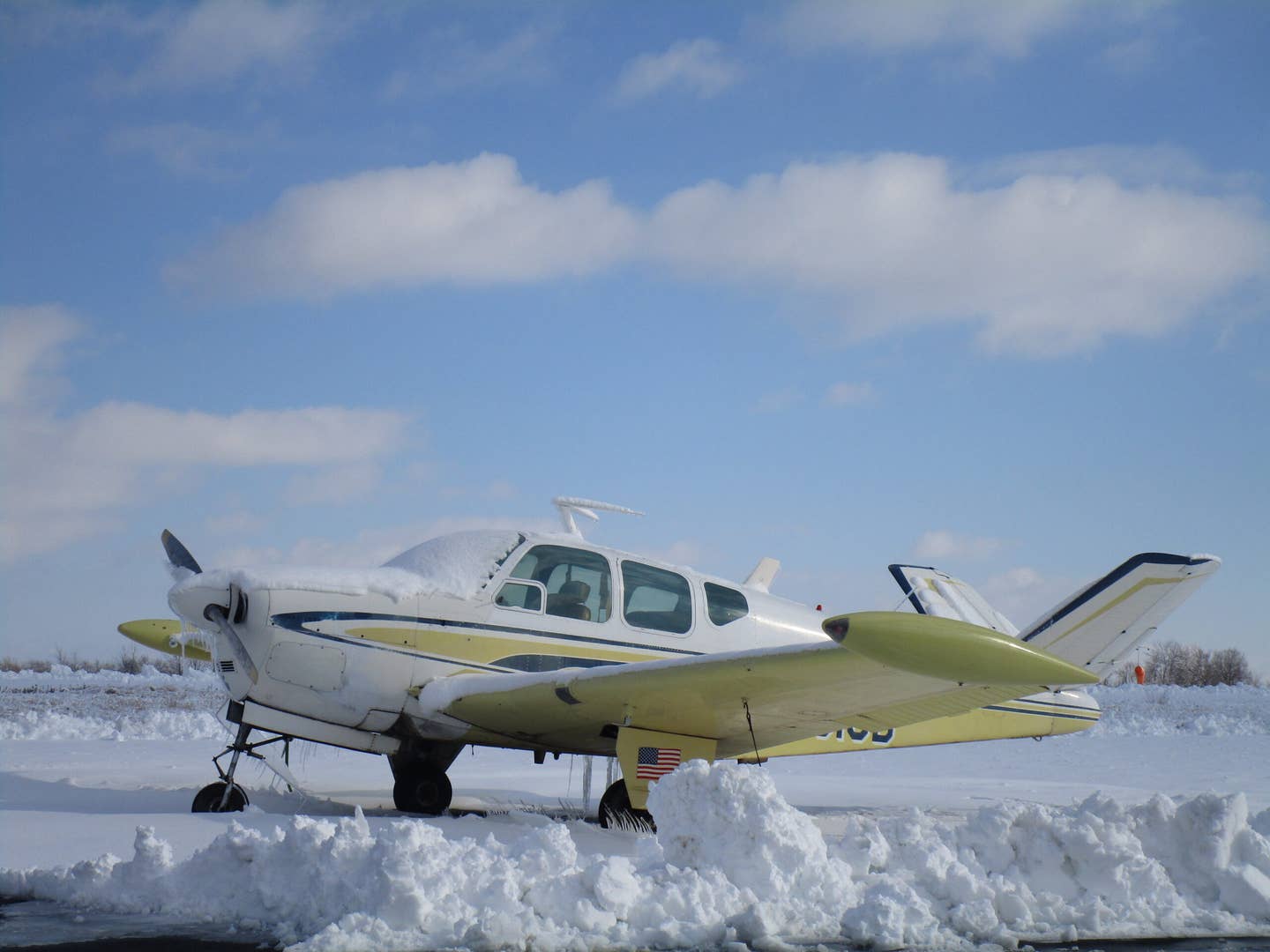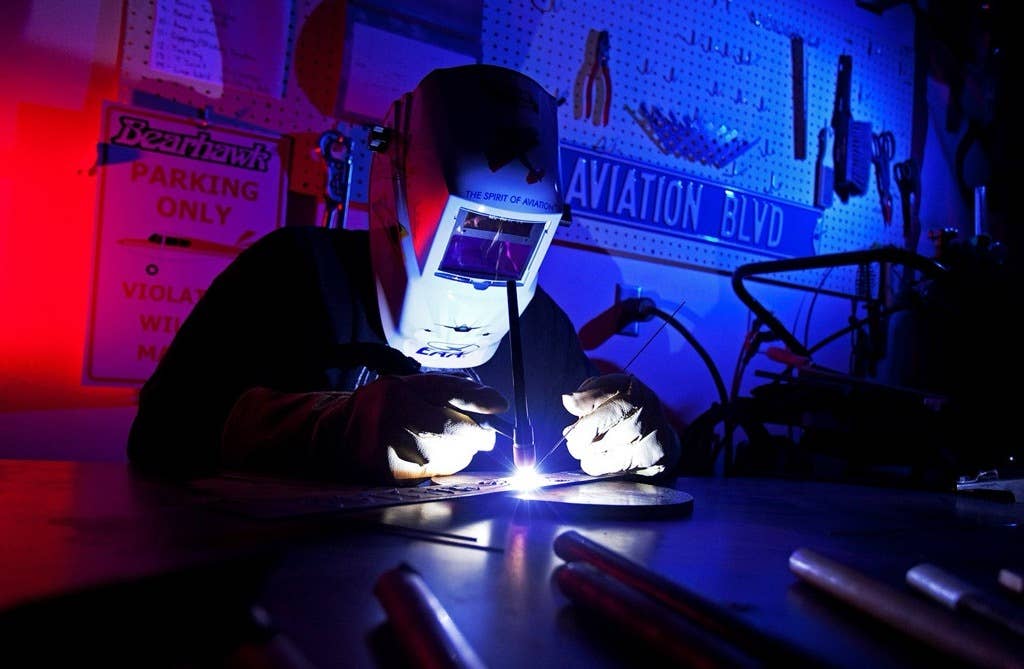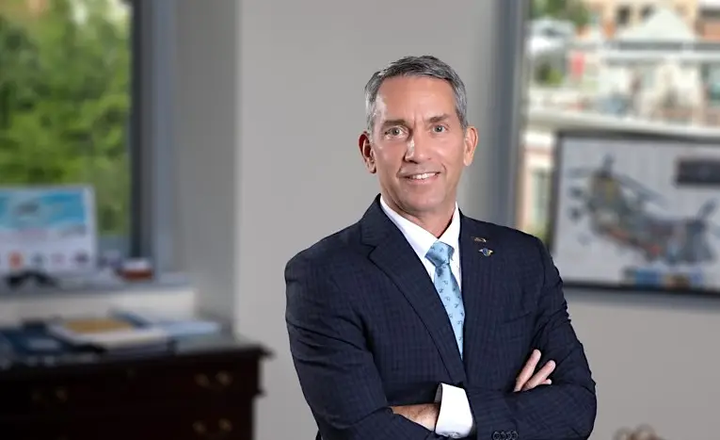In Possible Fallout from 737 Max Debacle, FAA/Industry at Odds on Changes to eVTOL Certification
A statement by the FAA to P&P suggests tension between agency and customers

UPDATED: Though it hasn't provided justification for the change, the FAA says that it is changing course on how it plans to certificate emerging air mobility aircraft, though whatever plans are emerging, the agency seems to be keeping close to the vest. In an email, an FAA spokesperson seemed to confirm a story in The Air Current that claimed the FAA was planning to move the certification basis of the craft from emerging small airplane rules to the already existing Powered Lift Category.
At the heart of the change, it appears, is the move away from what is known as performance-based evaluation, a certification approach embraced by the FAA for small aircraft over the past several years. The change would be to a conventional certification process under the Powered Lift Category. That process is far more prescriptive, essentially requiring manufacturers to meet certain pre-established performance targets with little room for compromise or alternative means of compliance.
The statement was problematic, seeming to both confirm and deny the claim, writing, "Our process for certifying the aircraft themselves remains unchanged. All of the development work done by current applicants remains valid and the changes in our regulatory approach should not delay their projects." But if the process will remain unchanged, how will there even be changes in [the FAA's] regulatory approach? Later in the the day, several mainstream news publications confirmed the switch to Powered Lift for eVTOLs, making the FAA's response even more problematic.
737 Max Blowback?
The FAA hasn't connected the dots between its ongoing response to its failures on the certification of the 737 Max, but a connection seems likely. Over the past several months, the FAA has made several major personnel changes, including the surprise resignation of former Administrator Steve Dickson and the reassigning of former aircraft certification director Earl Lawrence and the appointment of interim Administrator Billy Nolen, who seems intent on major culture changes in the FAA's certification branch. Namely, the agency seems committed to eliminating the kinds of processes that resulted in the blowback from its faulty 737 Max certification efforts.
The agency appears to be aware of worries that developers of e-VTOL aircraft have that the changes would slow their efforts, or possibly invalidate work they had already done, making it clear that there is ongoing communication between the FAA and its certification customers, though we have yet to get direct confirmation on this. Still, the question remains, is the FAA's somewhat surprising embrace of an emerging eVTOL class of short haul air taxi aircraft over?
Devil in the Details
It's not clear if the change will affect both rigid-wing tilting lift models, like Joby's entrant into the crowded field, and more helicopter-like rotary lift models, or if it will be limited to tilt-lift models.
The certification standards for powered lift aircraft were originally developed around the same time that the Light Sport Aircraft category was introduced. The flurry of new categories was in response to new kinds of aircraft appearing in experimental form, the FAA being aware that its traditional certification rules might not be sufficient for the certification of some new types of aircraft.
Tilt-rotor aircraft were of primary concern, especially after the launch of the Bell-Boeing (now Leonardo) 609 civilian tilt-rotor program. The 609 is essentially a scaled-down version of the Boeing V-22 Osprey multi-role aircraft. The signature technology is, of course, propulsion that tilts, to allow the craft to operate in vertical or conventional, horizontal fixed-wing-like mode, giving vertical lift capabilities to an aircraft that is far faster in straight and level mode than most helicopters are.
While the move to powered lift seems to make sense given the tilt-rotor design of aircraft like Joby's and others, if the FAA does indeed change the certification basis, it takes an existing (if still emerging) process and swaps it out for a little-used approval process (one that has never been followed to the point of type certification). Experts in the certification process say that this kind of fundamental change to the playing field mid-program would likely be disruptive.
Disruption for eVTOL Makers?
While the FAA maintains that the changes won't "delay their [certification customers'] project[s]," with new rules in place, it would require companies to develop expertise in the new process (not an easy lift, experts say) as well as instituting the necessary changes to construction and testing, among many other tasks, to the manufacturer's existing certification strategy.
It is possible that the switch, if it indeed takes place, would ease the process, though, again, an industry analyst (who asked not to be identified as they were not authorized to speak about the subject) believes it is unlikely. "When it comes to a process as complex and interdependent of its own sub-processes as aircraft certification is, big changes of any kind are generally detrimental to the process, and a change of this scope could be devastating."
Joby on its website has said that it has "worked with the FAA and industry partners for many years to develop the framework for the certification for eVTOLs." It applied for FAA certification of its tilt-rotor craft in 2018, and in 2020 it signed an agreement with the FAA on the certification basis for the Joby aircraft. The company claims that it has completed more than 1,000 flights of its prototype aircraft, and it envisions a short two years from now for "completing FAA type certification in support of entry into service in 2024."
Plane & Pilot reached out to Joby Aviation, which had no comment on the report, though they said that they were aware of it.

Subscribe to Our Newsletter
Get the latest Plane & Pilot Magazine stories delivered directly to your inbox






